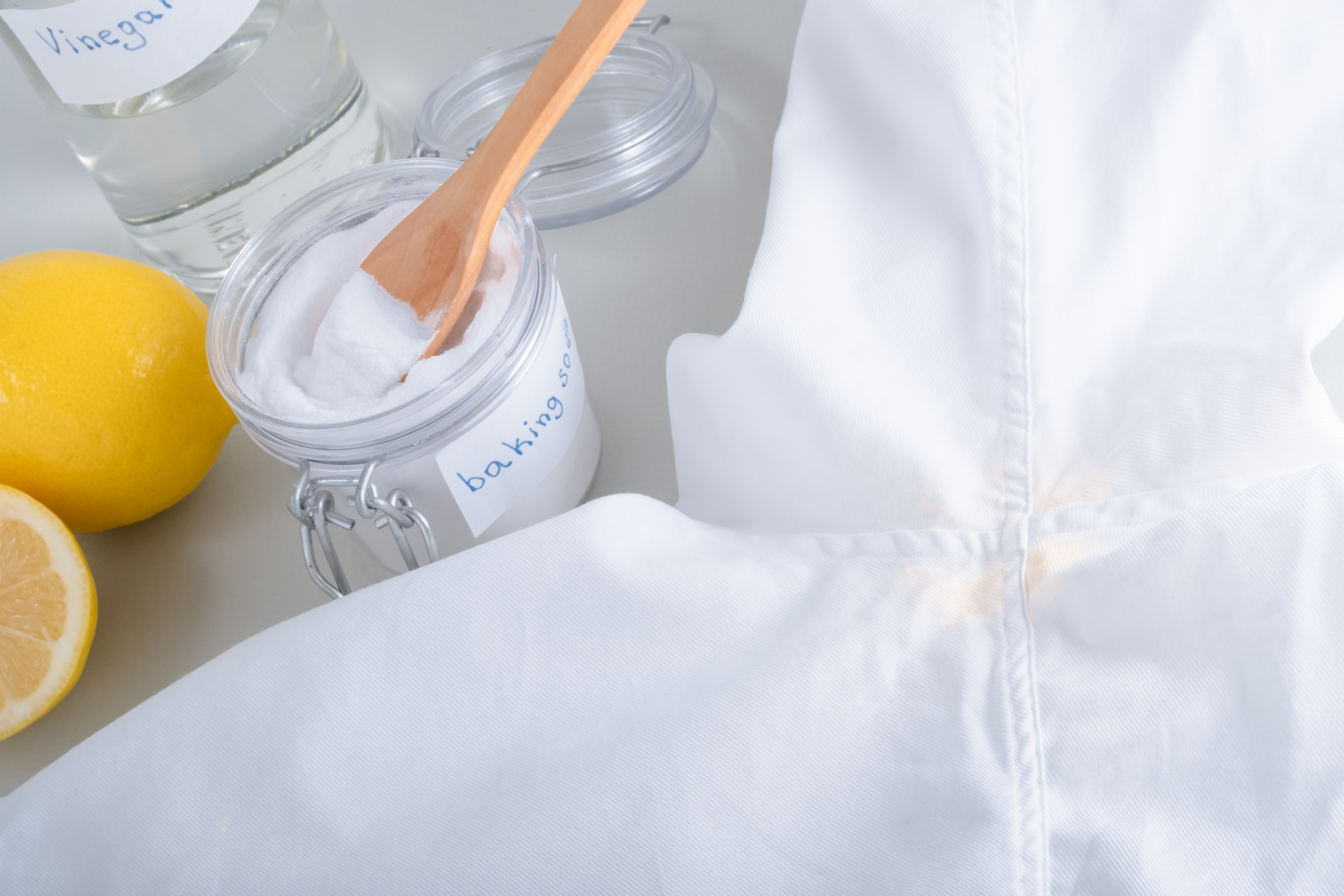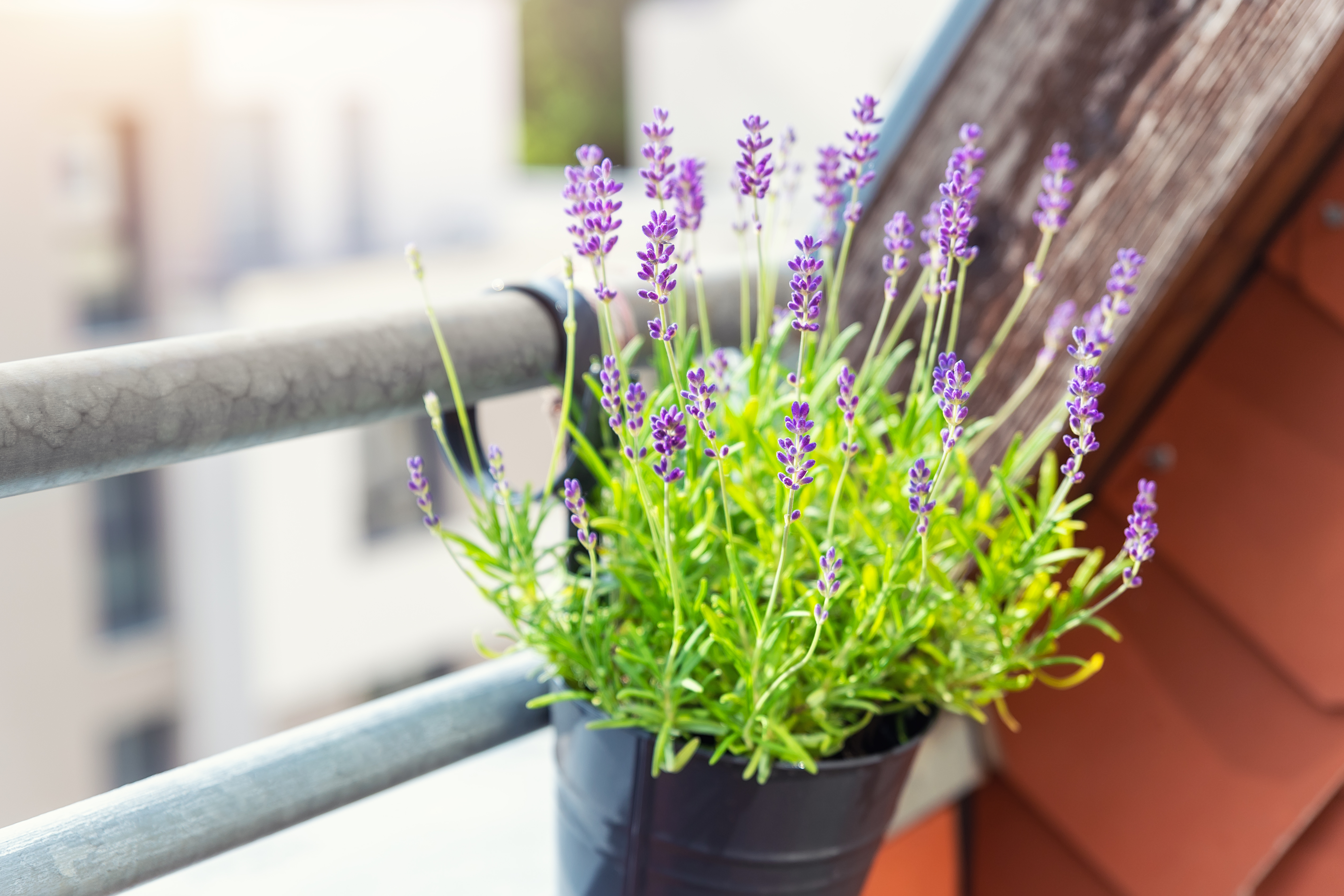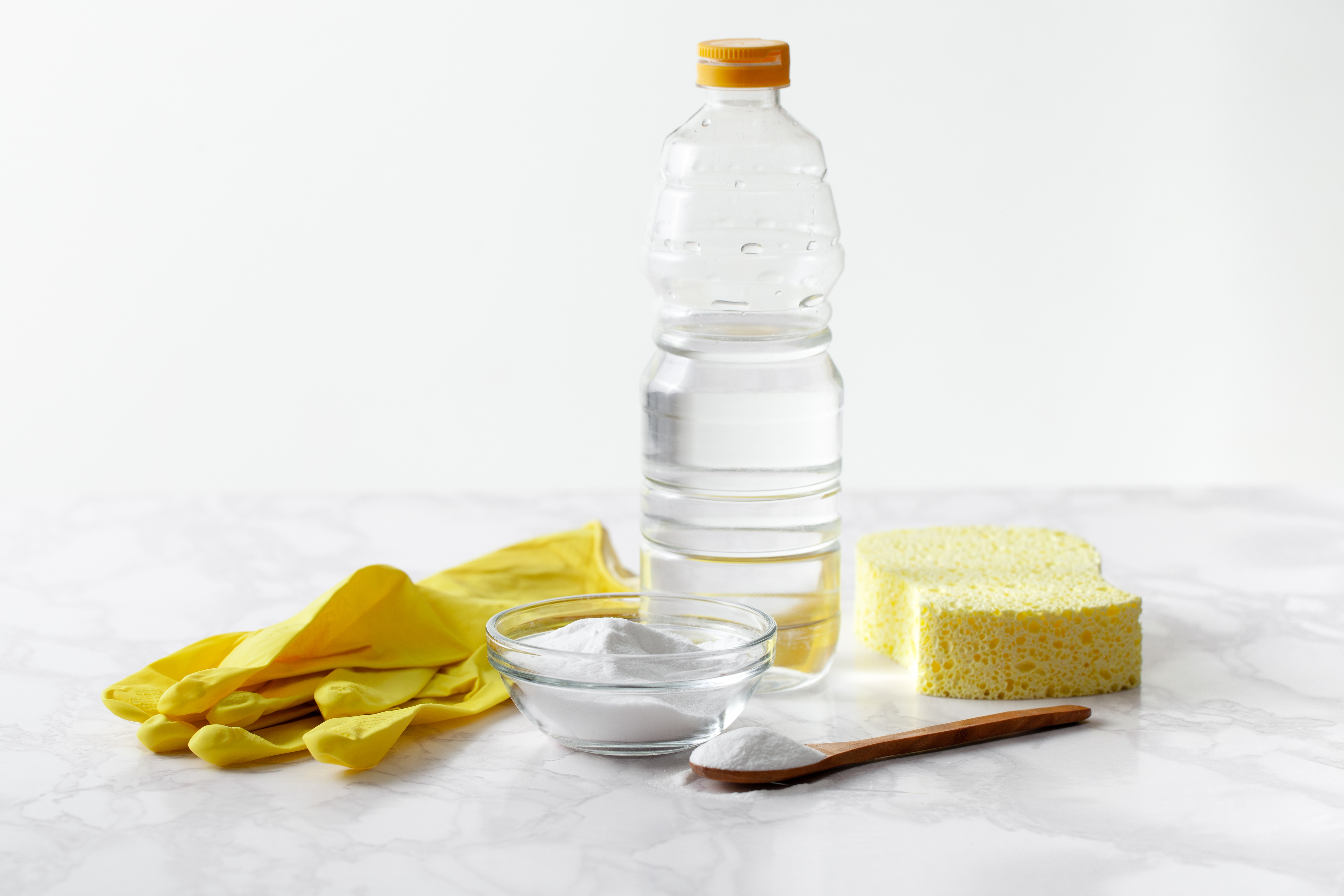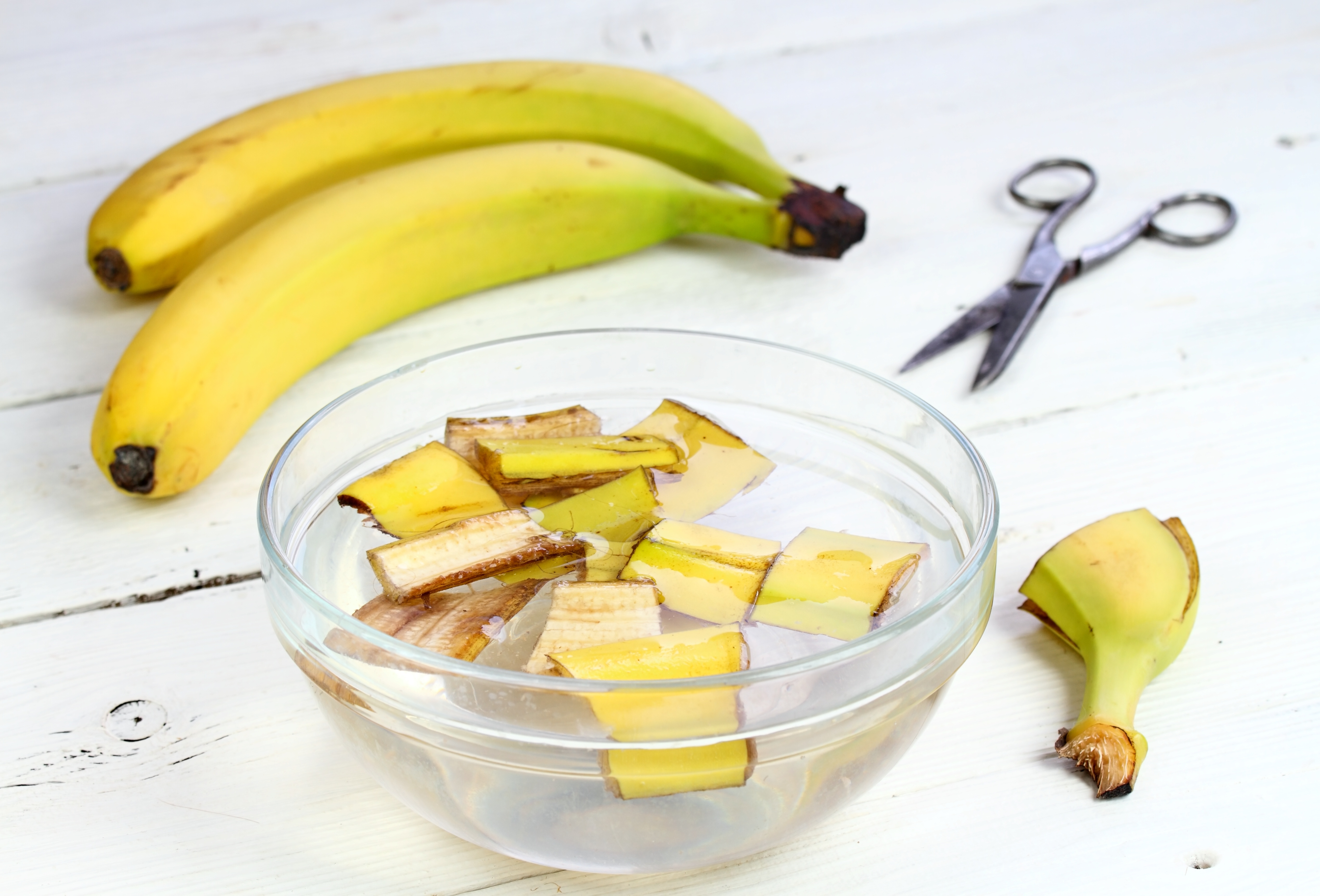Perhaps the cleaning product didn’t quite hit the mark, you’re always on the lookout for handy tips and tricks, or you’re keen to save a few pennies. Time-tested grandma’s tips can help in all these cases. They might even be kinder to the environment. Have you tried them all?
Grandma’s Kitchen Tips
With a few small tweaks, you can enjoy your food for longer and even use some tips to tackle food stains. How does that sound?
Don’t Store All Fruit Together
Certain types of fruit and vegetables shouldn’t be stored together. Apples, pears, and bananas produce ethylene, which speeds up ripening. Keep them separate from citrus fruits, grapes, and leafy greens. Tomatoes, salad cucumbers, and courgettes should be stored at room temperature throughout the year, not in the fridge. The exception is during summer heatwaves—then, place cucumbers in the fridge’s vegetable drawer.
Extend the Shelf Life of Fruit and Vegetables
Berry fruits and salads are popular summer treats, but they tend to spoil quickly. To prevent mould, soak berries in a solution of water and apple cider vinegar (ratio 3:1) before storing. Wrap salad leaves in a paper towel dampened with vinegar.
And what about root vegetables and herbs? Wrapping them in a damp cloth helps maintain optimal moisture and extend their freshness. For herbs, make a "bouquet," place it in a jar of water, and cover it with a plastic bag.
Lemon Juice, Baking Soda, and Water Tackle Stains
Food can bring more than just flavour; it can also leave stains. If you or your little ones have managed to stain something with fruit, lemon juice will whiten the stain. For greasy stains, a paste made from baking soda and water will help.

A common mishap is spilling coffee on a favourite blouse or red wine on a white tablecloth. Immediately soak the blouse in cold salted water and sprinkle the tablecloth with salt, then pour boiling water over it. For grass stains, use a mixture of vinegar and water in a 1:1 ratio.
How to Deal with Insects
If you prefer not to remove insects using drastic measures or are put off by the scent of commercial repellents, try some of these tips.
Herbs to Repel Pests
Plant lavender, mint, or basil in pots and place them on windowsills or your balcony. These fragrant plants will not only beautify your home but also help keep mosquitoes and flies at bay.

Natural Homemade Insect Repellent
Create your own insect repellent by mixing water with essential oils such as lemongrass, eucalyptus, or tea tree. Spray the solution in the corners of rooms or on curtains. For added effectiveness, include a splash of vinegar.
Baking Soda and Sugar Against Ants
If you're dealing with ants, mix equal parts baking soda and powdered sugar. Sprinkle the mixture in areas where you've seen ants. The sugar will attract them, but the baking soda will repel them.
Lemon-Scented Candles to Repel Mosquitoes
In the evening on the terrace, light up some lemon-scented candles. Their aroma will repel mosquitoes while creating a pleasant atmosphere. You can also cut a lemon in half and stud it with cloves—this natural repellent will work similarly.
Clean Your Home with What You Already Have
These simple yet effective methods will help you keep your home clean and fresh without the use of chemicals.
Cleaning Solution with Vinegar and Baking Soda
Vinegar and baking soda are real wonders in the home. Create a paste from them to make an effective cleaner for sinks and baths. Vinegar also works brilliantly to remove limescale from taps. For a fresh scent, add a few drops of essential oil.

White Vinegar as a Fabric Softener
Instead of fabric softener, try adding half a cup of white vinegar to your washing machine. Your clothes will come out soft and fresh. For stain removal, use a mixture of baking soda and water, which is gentler than harsh stain removers.
Natural Air Fresheners
Need to freshen up your flat quickly and don’t have an air freshener on hand? Place a pot of water, cinnamon, and cloves on the stove. The gentle aroma will naturally fragrance your home. Alternatively, put a bowl of coffee beans in the fridge to absorb unpleasant smells.
Eco-Friendly and Cost-Effective Plant Care
Even when growing plants, you can use a combination of ingredients you have in your pantry or items that would otherwise end up as waste.
Natural Fertilisers from Your Kitchen
Coffee grounds are a great source of nitrogen for houseplants. Simply mix them into the soil or sprinkle them on the surface. Crushed eggshells, rich in calcium, can be added to compost or directly into the soil. Banana peels, full of potassium, boost the growth of flowers and fruits. Soak them in water and use this "banana water" to water your plants.

Aromatic Pest Protection
Garlic and onions repel many pests. Soak their slices in water and spray the mixture onto plant leaves. For fungal diseases, cinnamon powder is effective, while lavender helps deter moths and other insects. Place lavender near vulnerable plants.
Watering with Rainwater
If you live in a house or have a balcony, start collecting rainwater. It’s free from chlorine and rich in nutrients. If rainwater isn’t available, let tap water stand for at least 24 hours. The water temperature should be room temperature. Water in the morning to give plants plenty of time to absorb the water before the evening chill.
Try some of these tips and see how they can make your household tasks a breeze while contributing to a healthier and happier home. Remember, sometimes the best solutions are the simplest and most natural. May these time-tested tips help you create a home that truly feels like a haven of comfort and harmony.
